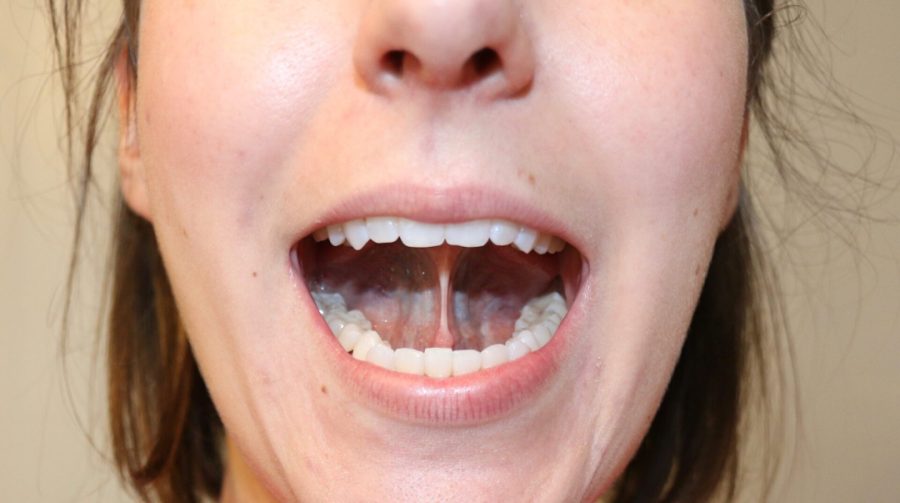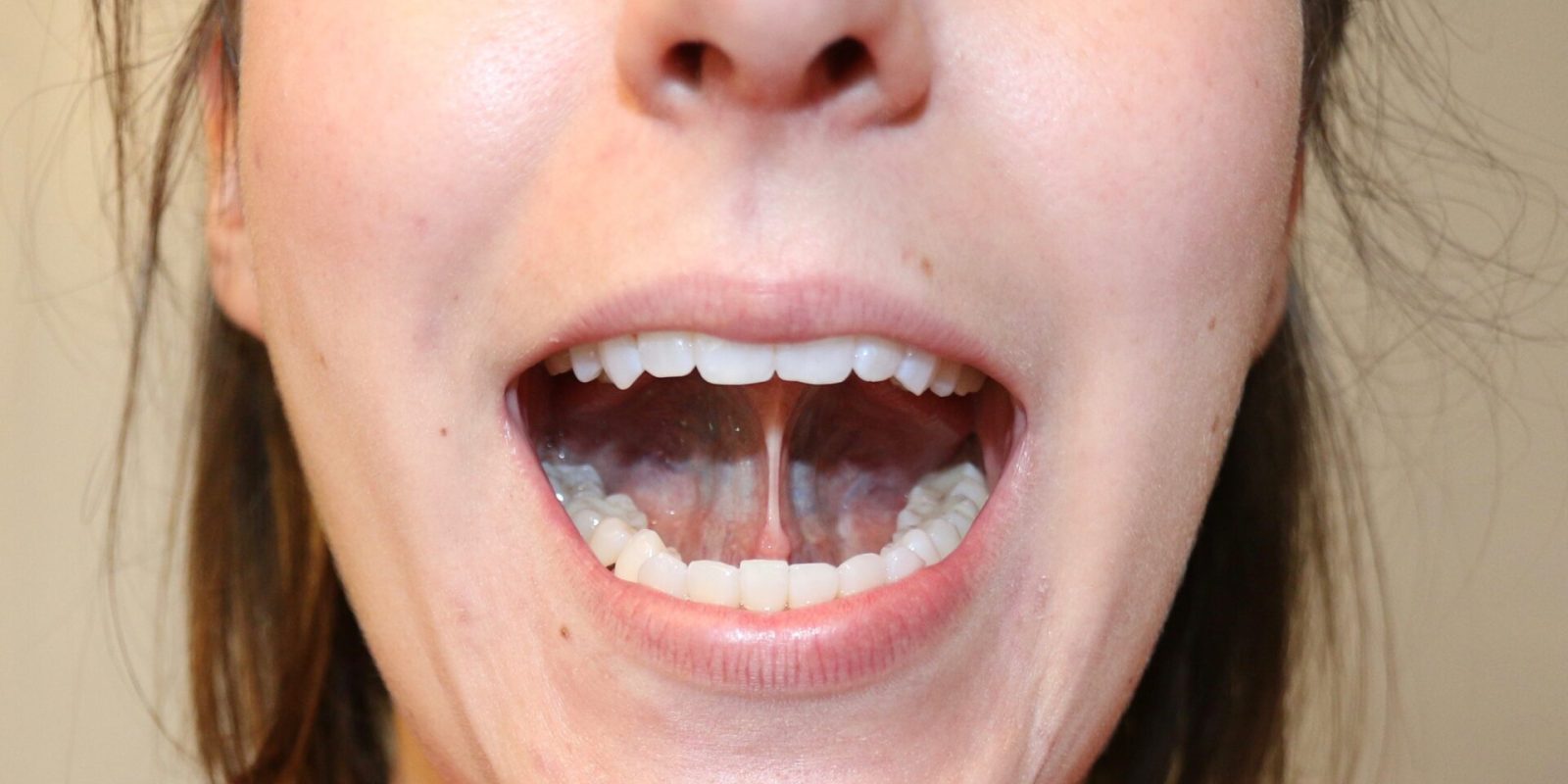Scientifically referred to as lingua villosa nigra, or “caviar tongue,” this benign but visually unsettling ailment causes the little bumps on the tongue’s surface. It can be dark, often black, look that mimics the texture of caviar. Caviar Tongue seems menacing, but it usually doesn’t hurt or create any health problems. We’ll explore the origins of this occurrence, dispel myths about its risks, and offer prevention advice in this piece. So stay tuned as we reveal the secrets behind this unusual tongue ailment if you’ve ever wondered if it is something to be concerned about.
What is the Caviar Tongue?
The term “caviar tongue,” which was coined to characterize a unique phenomenon, describes the development of oral pain that follows the eating of caviar. Symptoms include tongue tingling, itching, swelling, or redness. Although the precise frequency of it is yet unknown, anecdotal evidence points to its presence in people who are sensitive to different amounts of specific caviar-containing ingredients.

Causes of Caviar Tongue?
- Poor Oral Hygiene: Inadequate oral care can lead to the accumulation of bacteria and debris on the tongue’s surface, contributing to the development of it.
- Smoking: Tobacco use, particularly smoking, is strongly associated with the onset of catarrh. The chemicals present in tobacco products can disrupt the normal flora of the tongue, leading to discoloration and texture changes.
- Antibiotic Use: Prolonged or frequent use of certain antibiotics can disturb the balance of microorganisms in the mouth, predisposing individuals to it.
- Consumption of Certain Substances: Certain substances, such as coffee, tea, and caviar itself, have been implicated in the development of it due to their staining properties and effects on oral flora.
Science Behind Caviar Tongue Development
Complex interactions between the immune system and different caviar-derived biochemical substances lead to the formation of caviar tongues. When immune cells like mast cells come into contact with caviar proteins, it can cause the release of inflammatory mediators like histamine. This series of events sets off an immunological reaction, which ultimately results in the appearance of it’s symptoms.
Moreover, caviar’s chemicals and preservatives may intensify immunological responses or hasten the development of symptoms in those who are sensitive to them. Rich in aged or fermented foods such as caviar, histamine is a biogenic amine that can enhance allergic reactions by activating histamine receptors on target cells, hence increasing inflammation and vasodilation in impacted tissues.
Is the Caviar Tongue Dangerous?
Although it frequently causes pain and anxiety, caviar tongue is usually not thought to be harmful. Let’s examine the true hazards and implications of this condition and dispel some common misconceptions about its alleged dangers.
Myths Surrounding the Dangers of Caviar Tongue
Myth: Caviar Tongue is Life-Threatening: Contrary to popular belief, the caviar tongue rarely poses a life-threatening risk. While severe allergic reactions can occur in some cases, such as anaphylaxis, they are exceedingly rare and typically associated with pre-existing severe allergies rather than isolated reactions to caviar.
Myth: Caviar Tongue Indicates Poor Quality Caviar: The occurrence of it is not necessarily indicative of poor-quality caviar. Even premium-grade caviar can elicit allergic reactions or sensitivities in susceptible individuals due to its protein content or processing methods.
Potential Risks and Complications
Anaphylaxis: In rare instances, individuals may experience anaphylaxis, a severe allergic reaction characterized by difficulty breathing, swelling of the throat, rapid pulse, and loss of consciousness. Anaphylaxis requires immediate medical intervention, as it can be life-threatening if left untreated.
Secondary Infections: Prolonged irritation or inflammation of the tongue due to it may increase the risk of secondary infections, such as oral thrush or bacterial infections. Proper oral hygiene and monitoring for signs of infection can help mitigate this risk.

Psychological Impact: Recurrent episodes of it or severe allergic reactions may contribute to psychological distress, anxiety, or fear of future reactions. Seeking support from healthcare professionals or allergists can help address these concerns and provide reassurance.
Insights from Dental Expert Dr. Chirag Chamria
Renowned dentist Dr. Chirag Chamria stresses the significance of differentiating between minor allergic reactions and serious catargue problems. He emphasizes the rarity of potentially fatal reactions and the urgency of seeking emergency medical care when anaphylaxis occurs.
While it may cause momentary discomfort, Dr. Chamria says it is often treatable and resolves without long-term repercussions. But those who are known to be allergic to or sensitive to caviar should use caution when consuming it and should consult a doctor if they have severe or persistent symptoms.
Treatment Options for Caviar Tongue
Antihistamines
Antihistamine drugs are frequently used to block the effects of histamine produced during allergic reactions, which helps to lessen it’s symptoms such as swelling, redness, and itching. For mild episodes of Caviar Tongue, over-the-counter antihistamines like cetirizine or loratadine may help relieve symptoms.
Corticosteroids
In cases of severe or refractory symptoms, corticosteroid medicines may be administered to reduce the inflammation and swelling associated with catarrh. Healthcare professionals may prescribe oral or topical corticosteroid tablets to treat acute flare-ups of catarrh and encourage symptom reduction.
Epinephrine Autoinjectors
If caviar or other allergens cause a potentially fatal allergic reaction, it is imperative for those with a history of severe allergic reactions or anaphylaxis to carry an epinephrine auto injector, such as an EpiPen, to administer treatment right away. Quick epinephrine treatment can stop anaphylactic symptoms from getting worse and the consequences from getting worse.
Avoidance of Triggers
The best way to manage it is to recognize and stay away from triggers that worsen symptoms or cause allergic responses. To reduce the chance of caviar tongue recurrence, people who are known to be sensitive to shellfish or particular components of caviar should use caution when taking caviar and choose other delicacies instead.
Dr. Chirag Chamria’s Recommendations
Experienced dentist Dr. Chirag Chamria, who focuses on managing allergies and oral health, supports a multifaceted approach to treating Caviar Tongue that includes symptom relief, preventive measures, and individualized treatment plans. Proactive measures, including allergen avoidance, dietary changes, and allergy testing, are, in Dr. Chamria’s opinion, critical to reducing the chance of caviar tongue recurrence and enhancing dental health and wellbeing.
Dr. Chamria suggests using corticosteroids or antihistamines sparingly, under a doctor’s supervision, to reduce inflammation and pain related to caviar tongue when symptomatic relief is necessary. In addition, those who are susceptible to severe allergic responses ought to be provided with epinephrine autoinjectors and trained in their appropriate usage to guarantee prompt assistance in case of anaphylaxis.
FAQs
Q. What Are the Causes of Caviar Tongue?
A. Caviar Tongue can be caused by allergic reactions to proteins in caviar, sensitivity to additives, histamine intolerance, or cross-reactivity with other seafood.
Q. Is the Caviar Tongue Dangerous?
A. While Caviar Tongue typically resolves on its own and is not inherently dangerous, severe allergic reactions can occur in rare cases, necessitating immediate medical attention.
Q. How Long Does Caviar Tongue Last?
A. The duration of Caviar Tongue varies, but mild symptoms typically subside within a few hours to a couple of days. Persistent or worsening symptoms should prompt a medical evaluation.
Conclusion
In summary, for preventive oral health management, it is imperative to comprehend the symptoms, causes, and potential hazards associated with caviar tongue. In order to effectively treat this illness, early discovery through professional examination is essential. People can lessen their discomfort and possible risks with caviar tongue by practicing appropriate dental hygiene, getting treatment as soon as possible, and taking care of any underlying causes. Remember that maintaining general health depends on getting regular dental exams and remaining knowledgeable about good oral hygiene habits. Never be afraid to seek the individualized advice and assistance of Dr. Chirag Chamria in order to preserve the best possible oral health.






